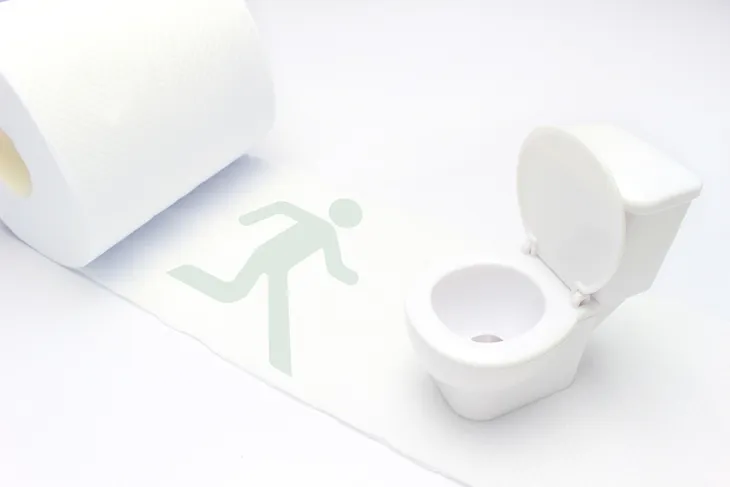The first trimester of pregnancy is a roller coaster of physical, emotional, and hormonal changes that may make you feel like you have little control over your own body. However, this remarkable transformation is literally building a safe haven for your baby.
The changes you’ll endure will happen quickly as your hormones and body begin providing the vital nourishment needed to grow a healthy baby. However, that doesn’t mean you won’t be moody and uncomfortable at times (or most of the time for some unfortunate moms-to-be).
Here are 10 common things to expect during your first trimester of pregnancy…
Food Aversion
An aversion to food that borders on repulsion when you walk by what was once your favorite Thai food restaurant is common and upsetting during the first trimester. Early pregnancy is a time where you will be surprised by a whole collection of foods that literally make you sick to your stomach.
Morning Sickness
Nausea is typically an early warning sign that you are preggers, and it can rear its ugly head in the very first week of conception. Unfortunately, this can quickly turn into nausea and vomiting throughout the first trimester.
Oftentimes, taking prenatal vitamins makes the nausea worse. In this case, Dr. Andrea Eisenberg, board certified OB.GYN in the Metro Detroit area suggests taking it at night or stopping it altogether and taking folic acid in the first trimester.
Tender Breasts
Unusual sore and tender breasts—more severe than with menstruation—are also typical of the first trimester. Breasts may also become a bit swollen and enlarged.
Frequent Urination
During the first trimester, you will find that you get dehydrated quickly and need to drink more water to support the changes in your body. As the placenta develops and the uterus grows, you may experience increased pressure on the bladder that causes frequent urination and even incontinence.
Moodiness
Mood swings are a common sign of early pregnancy—especially due to the increased levels of hormones in your system that might make you cry one minute and lose your temper the next. It’s important to know that this is normal and to have increased patience from loved ones at this emotional time.
Cramps
Pelvic cramping is common during early pregnancy as your uterine muscles are preparing to support your fetus and as your uterus is growing. However, if you experience continuous and painful cramping on one side or the other, you should visit a doctor as this may be a sign of a fallopian tube pregnancy or bleeding with the cramping as this may be a sign of a miscarriage.
Gas
As the uterus creates a safe haven for the baby, you will feel increased pressure on your stomach and digestive system, resulting in uncomfortable indigestion, bloating, gas, and even constipation. Also, your digestive system works much slower when you are pregnant.
Fatigue
Even the most bubbly moms-to-be complain that their get-up-and-go— got up and went in the first trimester of pregnancy. You have to be patient with your body as the majority of energy is funneled into building the placenta, and providing hormonal support to the new life growing inside you.
Dizziness
With all of these new hormones flowing willy-nilly through your bloodstream, dizziness, lightheadedness, vertigo, and headaches are quite common in the first trimester. Just be sure to sit or lay down and rest if you’re feeling woozy.
A Baby Bump
A wee bump will be the very first visual sign that you’re pregnant during the first trimester. This is more due to your swelling uterus, which will cause your lower abdomen to distend, than it is your growing baby (the fetus is not quite big enough yet to show on the outside).













